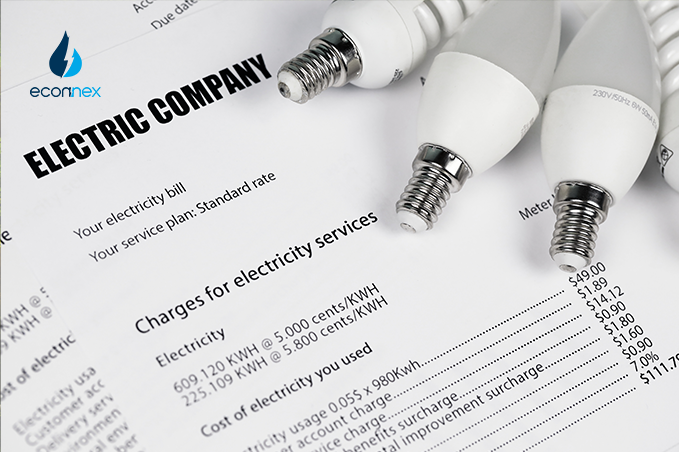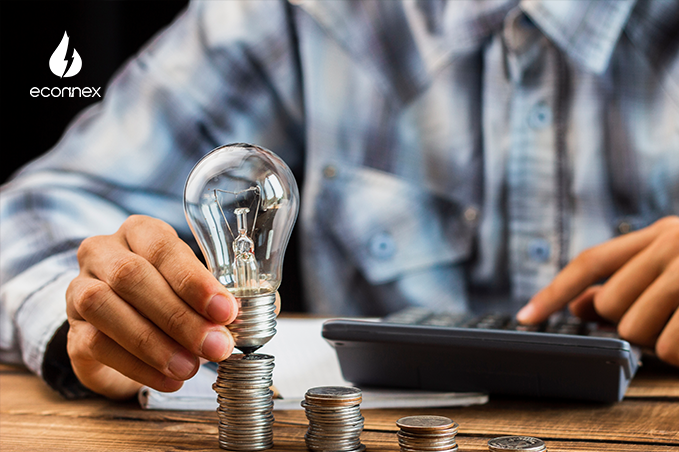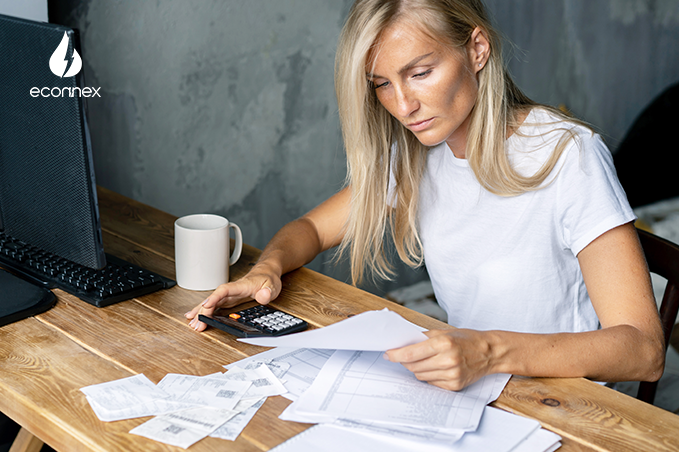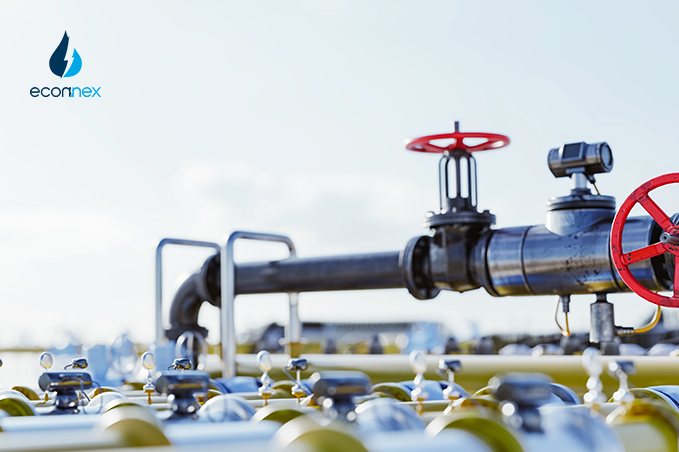Discover how electricity usage charges impact your bills and learn smart ways to manage consumption. Unravel the mystery with helpful insights!

Published on 31/08/2023
By Rajesh Kumawat
Energy Comparison
Electricity usage charge is the cost of consumption by a household.
It’s a good idea to understand how your usage is calculated, this might help you limit your energy usage and save money on your bills.
An electricity usage charge is also known as a ‘consumption charge’ or ‘variable charge’, meaning this is the amount you pay for each unit cost of electricity usage. It is listed as cents per kilowatt hour(c/kWh) on your bill. Most retailers charge between 25 and 40 c/kWh.
This is usually on the second page or on the back of your bill. It is shown as cents per kilowatt hour(c/kWh).
On some bills, there are more than one usage charge, this shows all applicable tariffs and broken down into different time periods. The usage charges can be calculated in different ways, depending on your plan.
Learn more about Electricity and Gas usage charges.
The electricity usage charges are set by retailers or by the state government. In VIC, NSW, SE QLD and SA, retailers are free to set their usage charges with other rates and terms. The electricity is purchased from the National Energy Market (NEM), then retailers add charges to cover the costs. The Goods and Services Tax (GST) is also added to electricity usage charge, plus any state-based government expenses.
In WA, NT, Tasmania and regional QLD, the charges are set by the state government due to the deregulated electricity market.
Generally, usage and rates change every 12 months in July in most areas except for Victoria which happens every January. For those under a standard contract, their electricity charges won’t increase more than once every 12 months. While those on a market offer, retailers can change their rates anytime provided they are given prior notice.
The electricity usage charges vary from every retailer, from state to state and even within different parts of the same state.
If you’re looking for the best energy provider you should consider rates, contract terms, discounts & perks. Understanding your bill can help you decide which energy provider to choose. To compare and switch to competitive electricity and gas deals available in your area, click here



